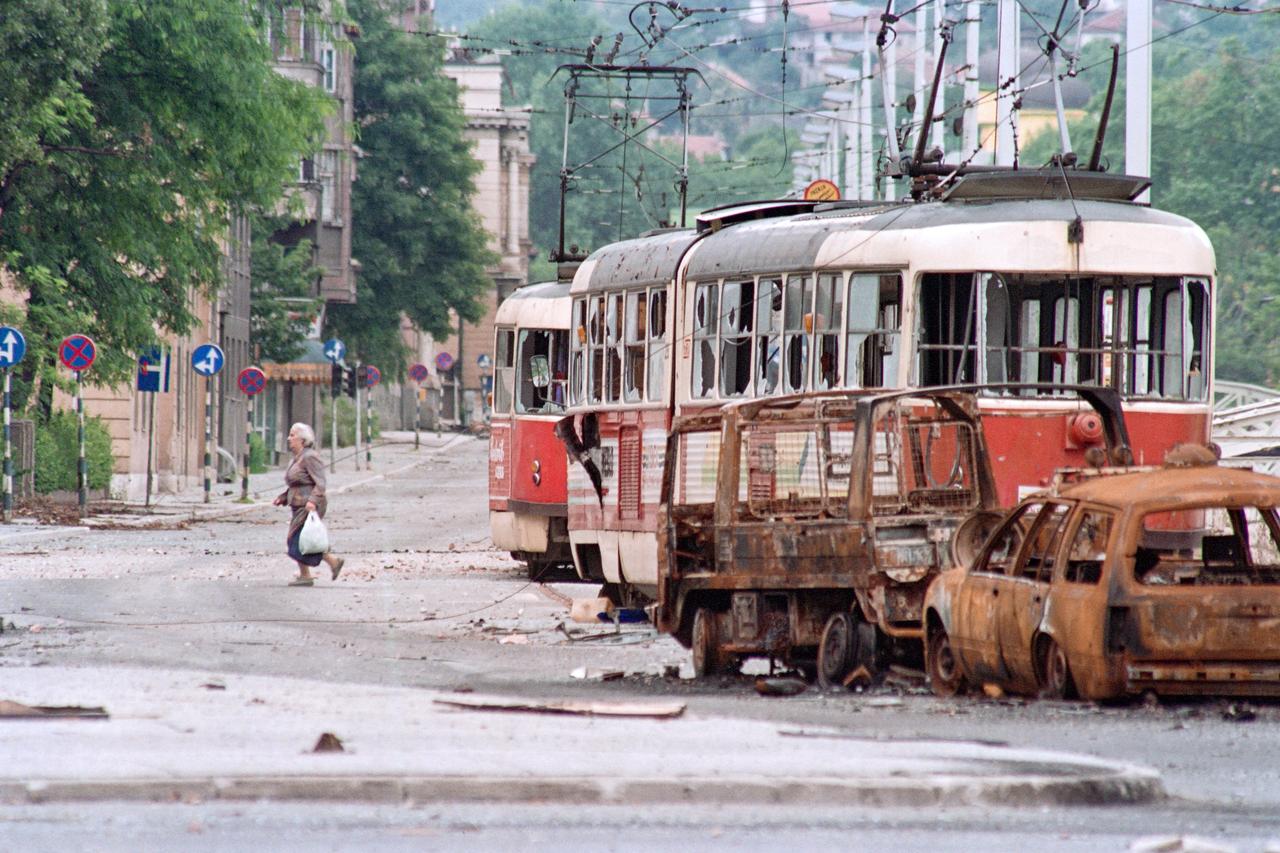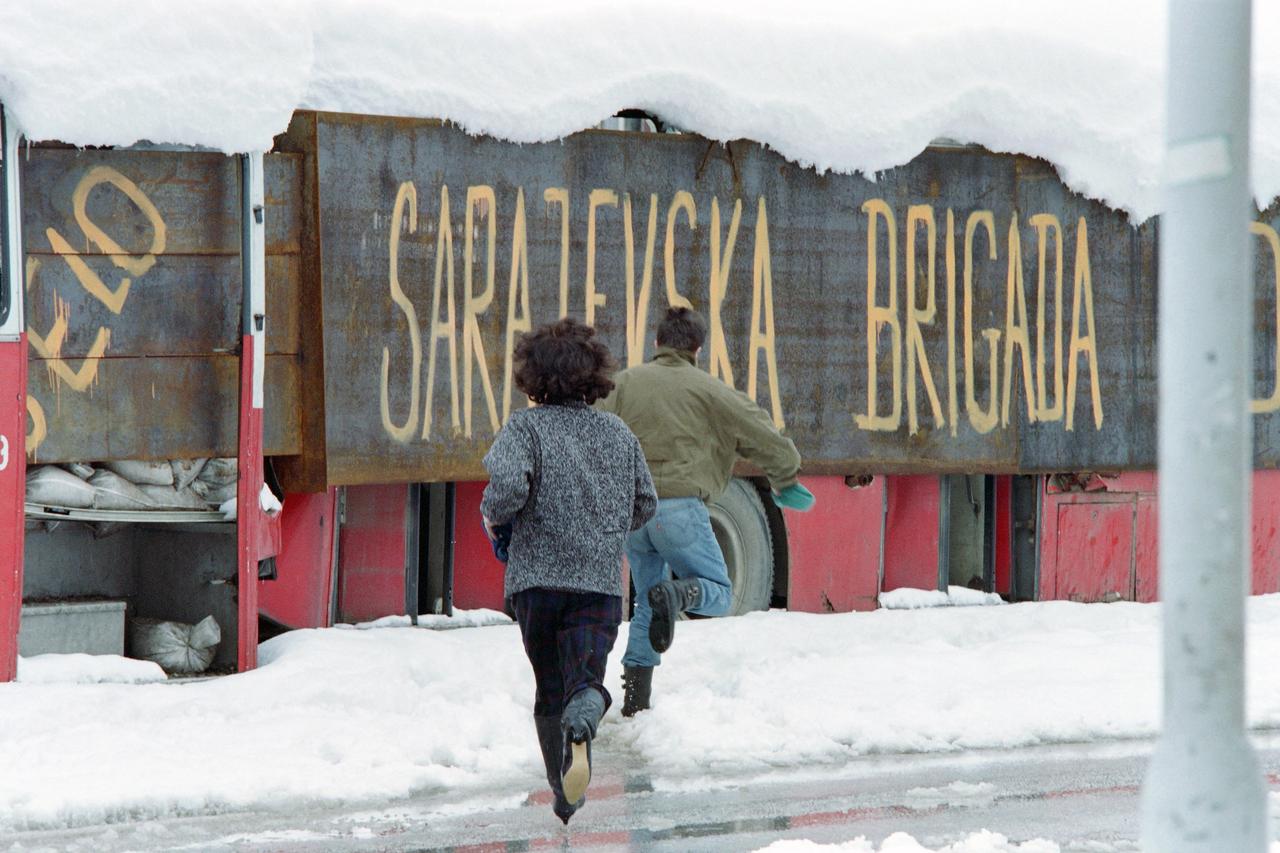
A U.S. lawmaker on Thursday announced the launch of an investigation into shocking allegations that foreign “sniper tourists” paid tens of thousands of dollars to shoot civilians — including children — during the 1992–1995 Bosnian War, vowing to ensure justice if any Americans were involved.
“Regarding the alleged ‘murder tourism’ … I have opened an investigation into this matter and am in contact with the Bosnian Consulate as well as the Italian Embassy,” Congresswoman Anna Paulina Luna said in a post on social media platform X.
Luna, a U.S. Air Force veteran and current member of the House Foreign Affairs Committee, condemned the reports in strong terms.
“Paying money to shoot civilians – and even worse to shoot children – is a level of evil our country cannot and will not tolerate,” she said. “If there are any Americans who have engaged in this, they deserve to be charged and prosecuted.”
Luna’s comments follow news that Italian prosecutors have launched an inquiry into allegations that Bosnian Serb forces hosted so-called “human safaris” for wealthy foreign nationals during the siege of Sarajevo.
The Milan Public Prosecutor’s Office is probing reports that several Italians traveled to Sarajevo in the early 1990s and paid between €80,000 and €100,000 to take part in sniper missions targeting civilians. Italian media described the suspects as “radical far-right war tourists” who allegedly joined Serb snipers over weekends before returning home.
According to La Repubblica, the men were not active military personnel but civilians who traveled from the northeastern city of Trieste to Sarajevo during the war, allegedly to participate in these shootings “for entertainment.”

The probe, overseen by Prosecutor Alessandro Gobbis, is being carried out under charges of aggravated intentional homicide committed with cruelty and premeditation. The investigation currently targets unidentified individuals.
The siege of Sarajevo, which lasted from 1992 to 1996, became one of the bloodiest episodes of the Bosnian War. Serb forces encircled the Bosnian capital for nearly four years, subjecting the city to daily shelling and sniper fire. More than 11,500 civilians were killed — including 1,601 children — and much of the city’s infrastructure and cultural heritage was destroyed.
During the wider conflict, Bosnian Serb forces, backed by the Yugoslav army and paramilitary units, carried out a systematic campaign of ethnic cleansing against Bosniak Muslims. By the war’s end in 1995, over 100,000 people were killed and approximately 2 million displaced.
If confirmed, the sniper tourism allegations could represent one of the most disturbing revelations about the war in decades. Neither the Bosnian nor Italian authorities have confirmed the identities of those under investigation, and it remains unclear how many individuals may have taken part.
The U.S. investigation led by Luna marks the first known response from a foreign government outside of Italy and Bosnia-Herzegovina.